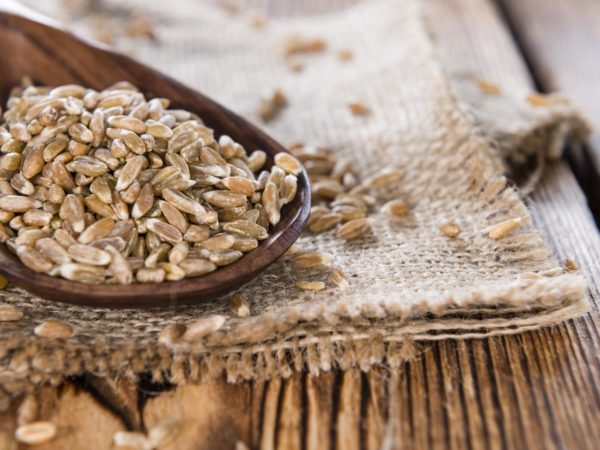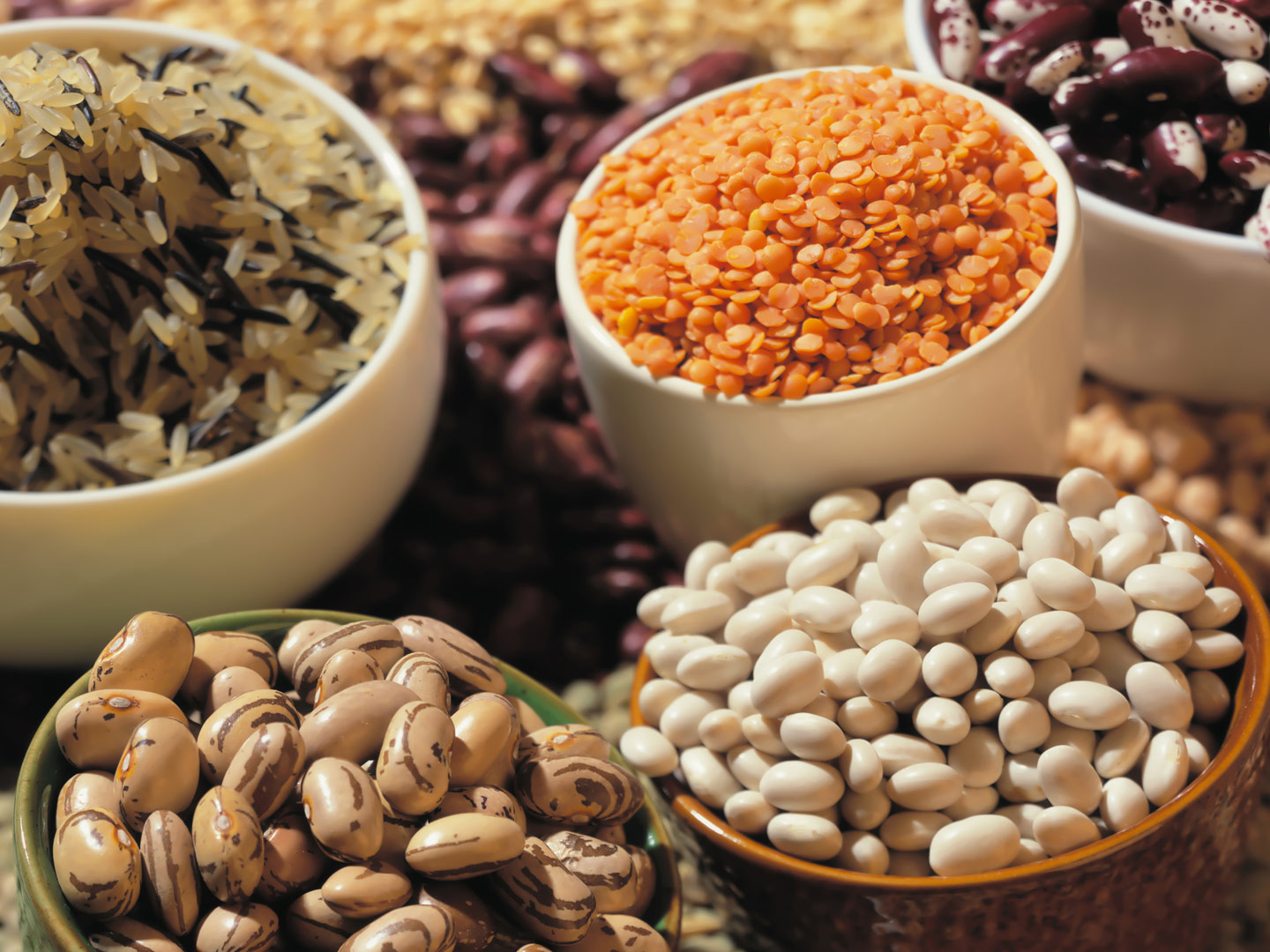Vitamin B7, Biotin

What Is Vitamin B7?
Vitamin B7, more commonly known as biotin, is a water-soluble nutrient that is part of the B vitamin family. B vitamins help support adrenal function, help calm and maintain a healthy nervous system, and are necessary for key metabolic processes. Biotin is essential for the metabolism of carbohydrate and fat.
Why Is Vitamin B7 Necessary?
Biotin has vital metabolic functions. Without biotin as a co-factor, many enzymes do not work properly, and serious complications can occur, including varied diseases of the skin, intestinal tract, and nervous system. Biotin can help address high blood glucose levels in people with type 2 diabetes, and may be helpful in maintaining healthy hair and nails, decreasing insulin resistance and improving glucose tolerance, and possibly preventing birth defects. It plays a role in energy metabolism, and has been used to treat alopecia, cancer, Crohn’s disease, hair loss, Parkinson’s disease, peripheral neuropathy, Rett syndrome, seborrheic dermatitis, and vaginal candidiasis.
What Are The Signs Of A Vitamin B7 Deficiency?
Biotin deficiency is rare. Daily requirements are relatively small, food sources of biotin are abundant, and the body efficiently recycles much of the biotin it has already used. However, long-term use of certain anti-seizure medications, prolonged oral antibiotic use, intestinal malabsorption, intravenous feeding, and eating raw egg whites on a regular basis can lead to biotin deficiency. Symptoms of biotin deficiency include seborrheic dermatitis, dry skin, brittle hair/hair loss, fatigue, intestinal tract issues, muscle pains, and nervous system issues.
How Much Vitamin B7 Does An Adult Need?
The U.S. Food and Nutrition Board of the National Academy of Science’s Institute of Medicine recommends a daily adequate intake (AI) of 30 mcg in adults 19 years and older. The recommended daily AI for pregnant women is 30 mcg, and 35 mcg for breastfeeding women. Dr. Weil recommends 50 mcg, as part of a B-complex that contains a full spectrum of B vitamins, including thiamin, B12, riboflavin and niacin.
How Much Does A Child Need?
The U.S. Food and Nutrition Board of the National Academy of Science’s Institute of Medicine recommends a daily AI of 5 mcg daily for infants ages 0-6 months; 6 mcg daily for infants ages 7-12 months; 8 mcg daily for children 1-3 years of age; 12 mcg daily for children ages 4-8 years; 20 mcg daily for children 9-13 years; and 25 mcg for adolescents. Dr. Weil recommends 40 mcg as part of a daily children’s multivitamin, but you should always consult with your pediatrician before beginning any supplements.
How Do You Get Enough Vitamin B7 From Foods?
Most healthy individuals who are not pregnant get adequate amounts of biotin through the diet. Foods rich in biotin include organ meats, barley, brewer’s yeast, fortified cereals, corn, egg yolks, milk, royal jelly, soy, and wheat bran. Avocado, bread, broccoli, cauliflower, cheeses, chicken, fish, legumes, mushrooms, nuts, pork, potatoes, and spinach also provide biotin. Find more information about B vitamin foods from our infographic.
Are There Any Risks Associated With Too Much Vitamin B7?
No toxicity has been reported with biotin intake.
Are There Any Other Special Considerations?
Vitamin B7 levels may be affected when taking anti-seizure medications; broad-spectrum oral antibiotics can disrupt the normal intestinal bacteria which make biotin; Isotretinoin (Accutane) may reduce the activity of biotinidase, an enzyme that processes biotin. High doses of pantothenic acid can also lower levels of biotin in the body.













